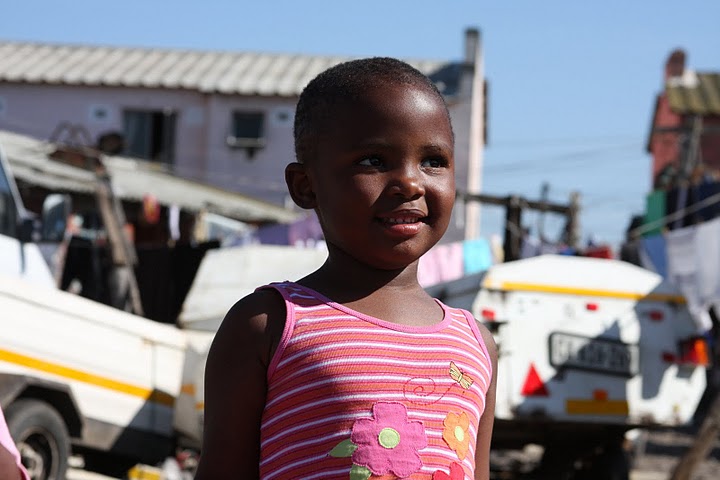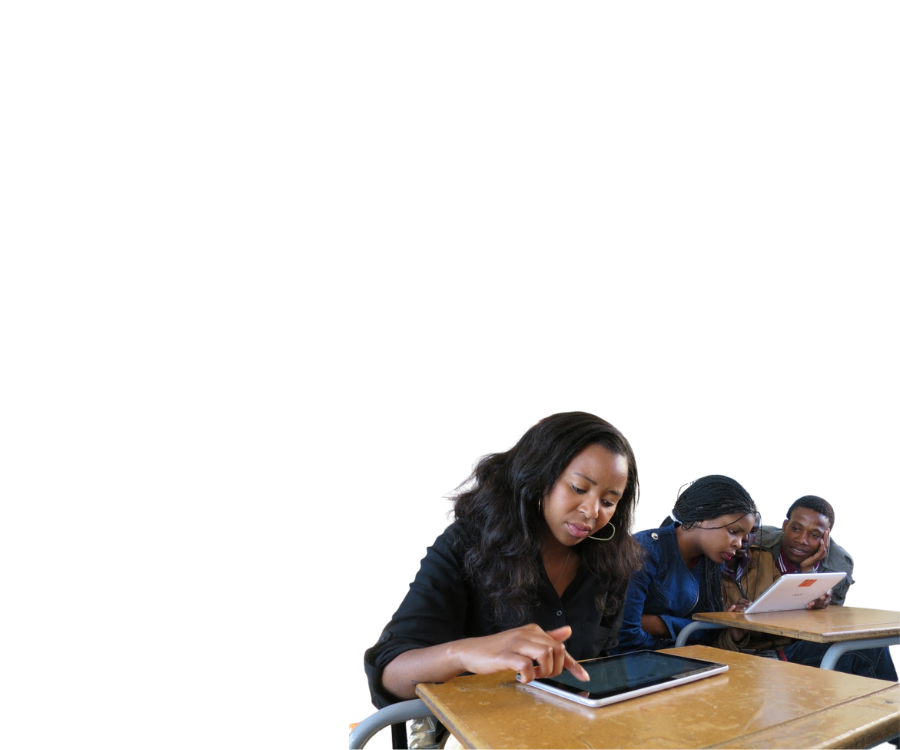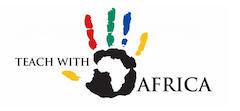South Africa has one of the most unequal school systems in the world. Children in the top 200 schools achieve more distinctions in mathematics than children in the next 6,600 schools combined. The gap in test scores between the top 20% of schools and the other 80% is wider than any other country in the world. According to the OECD, South Africa’s education system ranks 75th out of 76 mainly rich countries.

27% of students who have attended school for 6 years cannot read. After 5 years of school only about half can figure out that 24 divided by 3= 8. Only 37% of children starting school go on to pass the matriculation exam and just 4% earn a degree.
The Bantu Education Act of 1953 as part of apartheid ensured that white South Africans would receive a better education than blacks. Black South Africans were not allowed to be taught math or sciences, and black students received only about a fifth of the funding of white peers.
Once Nelson Mandela became president in 1994, his government expanded access to schooling and replaced a school system segregated by race with one divided by wealth. Math and science have been taught in all schools since 1994.
Teaching is at the core of the learning crisis. South Africa needs 25,000 new teachers each year, but only 6,000 teachers are trained annually. Educators themselves have not received a good education. Less than 25% of mathematics teachers are competent at the level they teach.

Teaching is at the core of the learning crisis. South Africa needs 25,000 new teachers each year, but only 6,000 teachers are trained annually. Educators themselves have not received a good education. Less than 25% of mathematics teachers are competent at the level they teach.
Educators are trained to deliver outmoded “chalk and talk” rote learning classes and seldom receive support and advice from more experienced teachers. A high level of absenteeism is another major problem, as well as overcrowding and high student to teacher ratios in the classrooms. Teacher recruitment, training, and support systems need to be overhauled to deliver more effective classroom instruction, as well as the socio-emotional development of both the teachers and students for a more holistic and globally minded approach to education.
